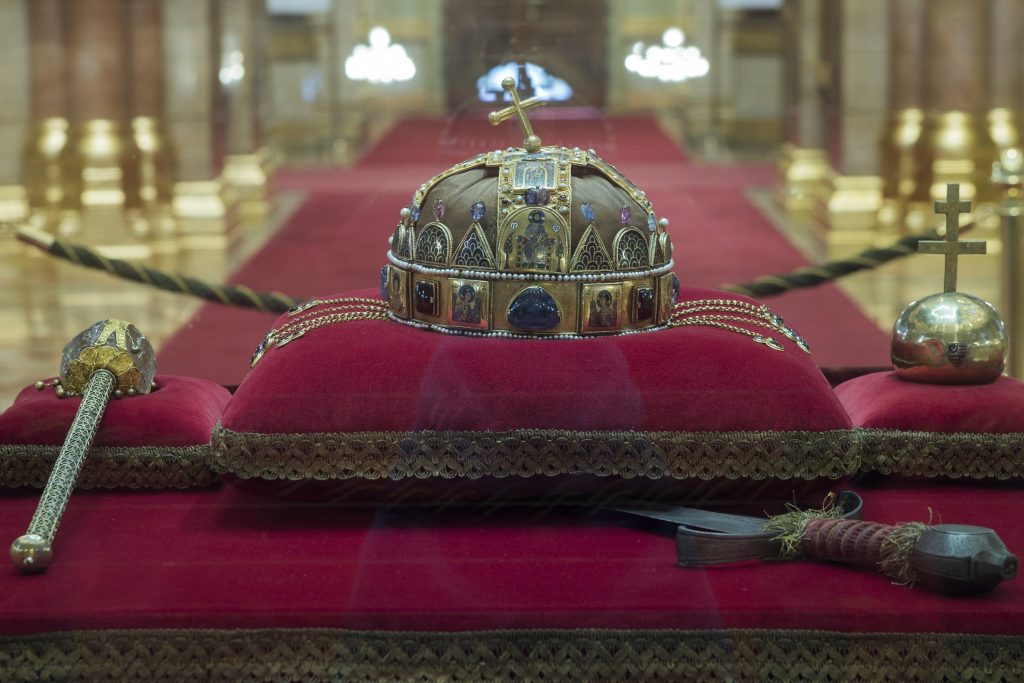WinterBorn
Diamond Member
- Moderator
- #181
That's pretty silly, considering the fact that Iran is working with Russia and China as we speak, and is responsible for the deaths of thousands of Americans in Iraq.
You might want to read a book and learn about the Middle-East. It's difficult to keep a ME country peaceful and prosperous without some sort of authoritarian government in place.
They either have to have a secular dictator in place or a bunch of Mullahs cutting off heads periodically to keep them in line.
They don't really understand Western Democracies.
Oh I have no delusions about the Middleeast.
But what I said about the UK & US overthrowing a democratically elected Prime Minister, at the request of BP, is accurate.
And the Shah was a brutal sonofabitch. His secret police tortured and murdered thousands of Iranians. People remember that sort of thing. And they remember who put them in power.



